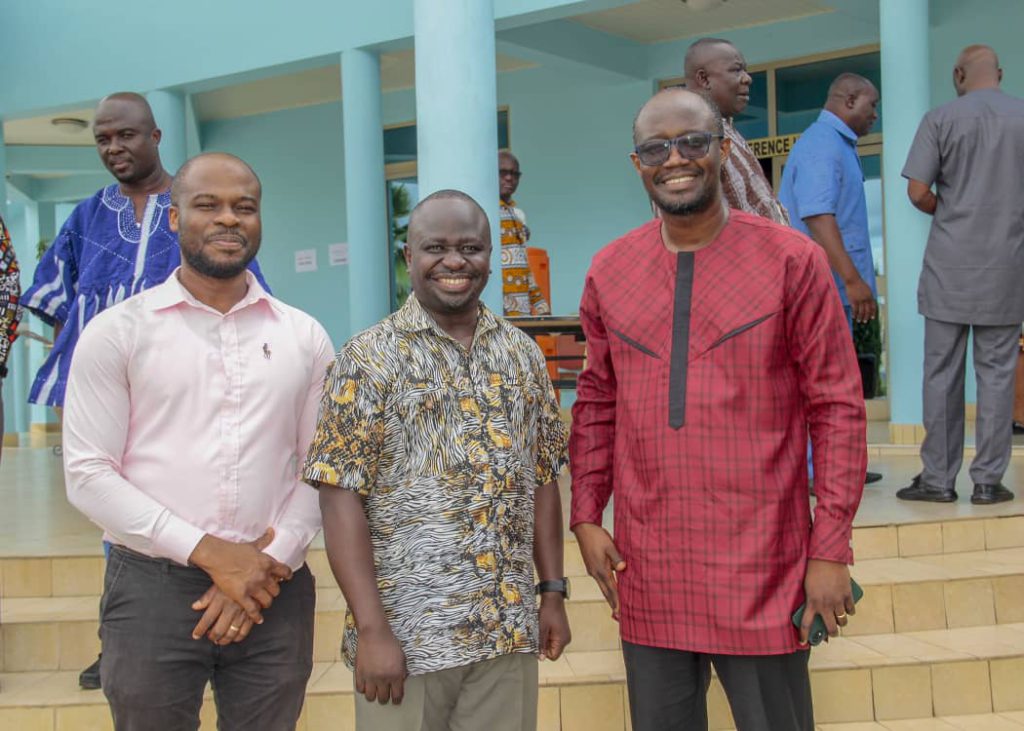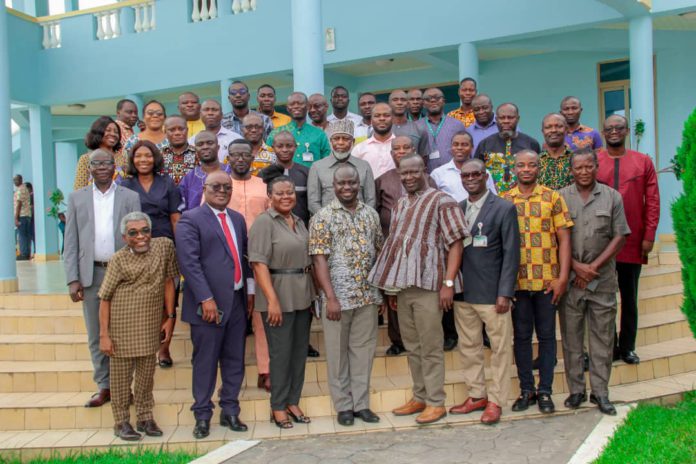Ghana is seeking to account for biodiversity losses, climate change-related costs, and other environmental factors in its conventional gross domestic product (GDP) estimation.
The current standard GDP does not account for whether the level of income created in the country is sustainable or not, which is where the concept of green GDP comes in.
Green Gross Domestic Product (Green GDP) takes into account the cost of environmental degradation and climate events.
This allows the cost of natural resource depletion and environmental degradation to be subtracted from gross domestic product. Green GDP is referred to as “environmentally adjusted domestic product” or Sustainable GDP.
Assistant Chief Statistician of the Ghana Statistical Service (GSS) and Head of Agriculture and Environment Unit of the GSS, Dr Bernice Serwaa Ofosu-Baadu, says it is time the country intensifies efforts at compiling its System of Environmental Economic Accounts (SEEA) with the aim to integrate environmental statistics into her Economic Accounting.
This will help to provide detailed statistics for better management of natural resources that contribute to the economic development of the country.
“GDP is prepared on annual and quarterly basis so before you can arrive at the estimate Green GDP, you have to take away all the environmental losses, environmental degradation, depletion among others. But not just that , not just negating the environmental losses and degradation, it comes with what we call the compilation of the SEEA account or natural capital accounting. We have to start compiling the account and negate it from the GDP. GDP isn’t the issue , the issue for now is to do with those environmental losses, estimate the losses and compile it with the SEEA,” she explained.
She spoke on the sidelines at the National Sensitization Forum on Green GDP organized in Koforidua in the Eastern region.
The forum sensitized sub-national actors aimed at preparing the grounds for nationwide capacity strengthening in natural capital accounting with application of SEEA framework for Green GDP estimation.

The Forum organized by the Ghana Statistical Service with support from the Food and Agriculture Organisation (FAO) of the United Nations, brought together stakeholders from the Regional Statistical Services, Environmental Protection Agency, Agriculture Officers, CSOs, among others.
A Principal Environmental Officer with the Environmental Protection Agency, Kwame Boakye Fredua says the Forum helped to expand the understanding of the concept of the Green GDP with its stakeholders to enable them to internalize it in their activities.
“What we seek to do is to expand the concept by interfacing more with our regional stakeholders especially those in the environment sector, CSOs and private sector. The idea is to bring them up to speed on what Statistical Services and other stakeholders like EPA , FAO and other partners like World Bank are doing in this space. One of the things is to get that buy-in from their perspective so that they internalize what we’ve shared with them in their work because there is no use collecting data and providing analysis if that data just sits in a report. So the idea is to integrate the information as we go along in their day to day work,” he stated.
On his part, a Climate Change Expert with the Food and Agricultural Organization, Mathias Edetor stated that Ghana, like many other economies worldwide, have shown progress in her resolve to build capacity to implement the System of Environmental and Economic Accounting to better manage its economy environmentally-sustainable.
” The good news is that now nearly ninety countries from all regions of the world currently compiles the System of Environmental and Economic Accounting including Switzerland which publishes it different SEEA. The interest in environmental accounting by the use of the SEEA framework is increasing across the African Countries and Ghana is making strides,” he said.
ALSO READ:

